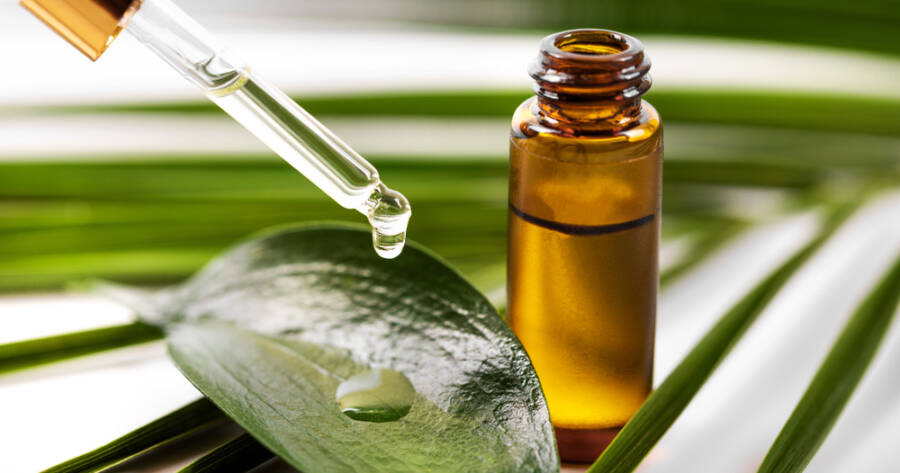Essential oils have surged in popularity in recent years, becoming staples in everything from skincare and cleaning products to personal wellness routines and natural remedies. But what exactly are essential oils, and how can you use them safely and effectively? If you’re curious about incorporating these potent plant extracts into your lifestyle, this guide will introduce you to the basics including their many uses, potential benefits, and helpful tips for beginners.
What Are Essential Oils?
Essential oils are concentrated plant extracts derived from flowers, leaves, bark, roots, or other parts of a plant. They capture the plant’s scent and “essence,” hence the name. These oils are usually obtained through steam distillation or cold pressing and are highly potent. Just a few drops can provide powerful effects, which is why they’re often diluted with a carrier oil before use.
Common Uses of Essential Oils
Essential oils can be used in a variety of ways, depending on the desired effect:
- Aromatherapy: One of the most popular uses is through inhalation. When diffused into the air, essential oils can influence mood, reduce stress, or boost energy.
- Topical application: Oils can be diluted and applied to the skin to relieve pain, reduce inflammation, or treat skin conditions.
- Household purposes: Many essential oils have antibacterial or antifungal properties, making them great for natural cleaning solutions.
- Personal care: From facial serums to bath soaks, essential oils are often added to products for their scent and therapeutic properties.
Popular Essential Oils and Their Benefits
Here are a few commonly used essential oils and their primary benefits:
- Lavender: Known for its calming effects, lavender is great for reducing anxiety, improving sleep, and soothing skin irritations.
- Peppermint: Energizing and refreshing, peppermint oil is often used to relieve headaches, boost focus, and soothe digestive issues.
- Tea Tree: With powerful antimicrobial properties, tea tree oil is effective against acne, fungal infections, and minor wounds.
- Eucalyptus: Often used for respiratory relief, eucalyptus can help clear congestion and reduce inflammation.
- Lemon: A bright, uplifting oil that can purify air, boost mood, and act as a natural disinfectant.
- Frankincense: This grounding oil is valued for its anti-inflammatory properties and is commonly used in meditation or skincare routines.
How to Start Using Essential Oils
If you’re new to essential oils, here are a few steps to get you going:
Start Small: Choose two or three oils based on your needs. Lavender, peppermint, and lemon are versatile and great for beginners.
Use a Diffuser: Aromatherapy is one of the easiest ways to experience essential oils. Add a few drops to a diffuser with water, and let the mist fill your space.
Dilute Before Applying: Never apply essential oils directly to your skin without dilution. Mix with a carrier oil like coconut, jojoba, or sweet almond oil (usually 1-2 drops of essential oil per teaspoon of carrier oil).
Patch Test: Always do a patch test when using a new oil topically to avoid allergic reactions.
Educate Yourself: Not all essential oils are safe for children, pets, or pregnant women. Do your research or consult an aromatherapist for guidance.
Safety Tips
Essential oils are natural, but that doesn’t mean they’re risk-free. Use caution and common sense:
- Store oils in dark glass bottles away from sunlight and heat.
- Keep them out of reach of children and pets.
- Never ingest essential oils unless under the supervision of a qualified healthcare provider.
- Avoid contact with eyes, ears, and other sensitive areas.
Embracing the Power of Nature, One Drop at a Time
Essential oils can be a powerful addition to your wellness toolkit when used thoughtfully and responsibly. Whether you’re looking to boost your mood, improve sleep, or switch to natural cleaning products, there’s likely an oil that fits your needs. Start simple, go slow, and enjoy the journey into the world of essential oils, your body and mind just might thank you for it.

